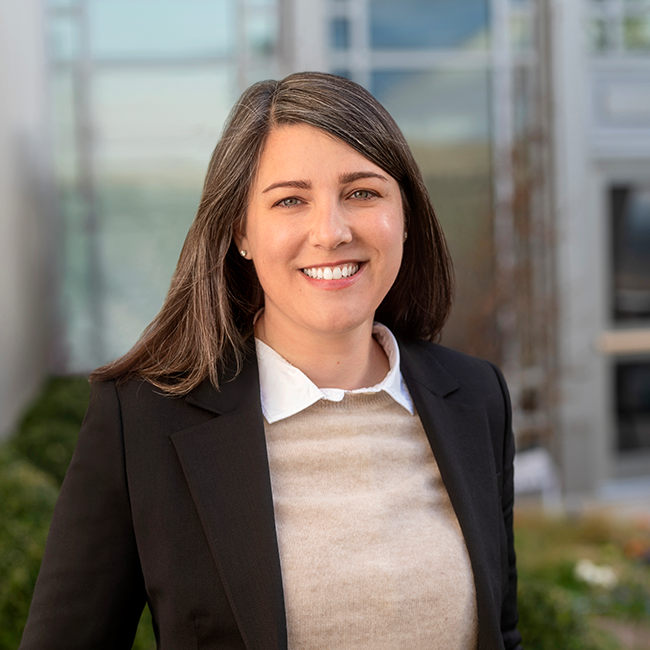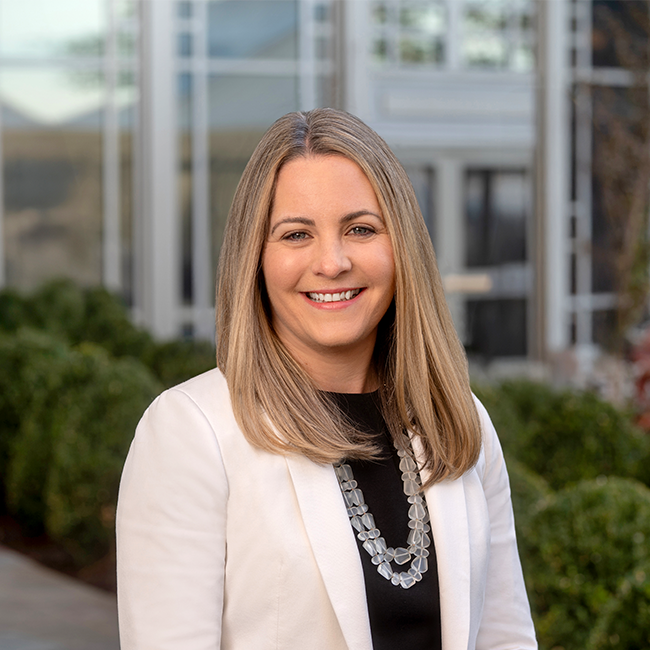
Leber Hereditary Optic Neuropathy
Overview
Leber hereditary optic neuropathy (LHON) is a rare disease that leads to sudden vision loss, most commonly in adolescence and early adulthood. There is no cure for LHON, and there are no therapeutics available to reliably prevent, halt, or reverse the onset or progression of LHON vision loss. Most patients with LHON rapidly reach and surpass the legal blindness threshold and must quickly re-learn how to navigate a world in which they can no longer recognize faces, drive, or read—a process that incurs significant social, emotional, and financial burdens.
LHON research has been constrained by limited, inconsistent funding, which hinders progress from early discovery to the development of treatments. Every investment in LHON research has implications not only for patients with LHON but also for patients with other conditions that share mechanisms or cell types with LHON, including mitochondrial diseases, optic neuropathies, and neurodegenerative disorders.
Milken Institute SPARC is partnering with LHON Collective to identify areas where philanthropic investment in research and development can have the greatest impact on transforming the LHON research and therapeutic landscapes.
Leber Hereditary Optic Neuropathy: Giving Smarter Guide

Featured Content

Leber Hereditary Optic Neuropathy: A Giving Smarter Guide
Leber Hereditary Optic Neuropathy (LHON) is a rare disease that causes sudden, irreversible loss of vision, often striking during adolescence or early adulthood. Patients with LHON quickly lose their ability to recognize faces, drive, and...Read Report
Strategic Philanthropy Can Bridge a Rare Disease that Causes Blindness with Common Neurodegenerative Disorders
For the 200 million Americans who wear eyeglasses, blurry vision is often the symptom that leads to an eye exam and a prescription for corrective lenses. However, for about 100 Americans each year, blurry vision is an early symptom of a...Read ArticleImage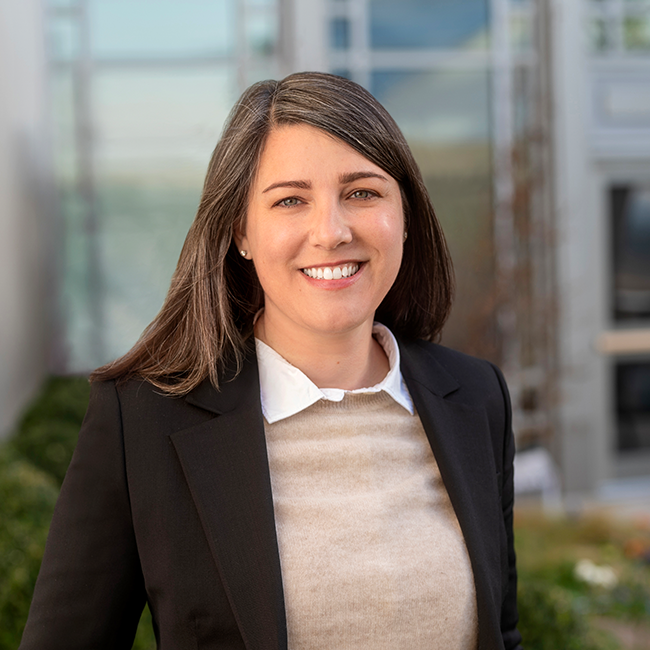
Nadia Penrod, PhD
Senior Associate, Science Philanthropy Accelerator for Research and Collaboration (SPARC) team, Milken Institute Strategic PhilanthropyNadia Penrod,PhD, is a senior associate on the Science Philanthropy Accelerator for Research and Collaboration (SPARC) team at Milken Institute Strategic Philanthropy. In this role, she leverages her expertise as an interdisciplinary scientist in biomedicine and informatics to identify high-impact opportunities for philanthropic investment that promote science for the public good and have the potential to transform health.
Nonprofits: A Growing Force in Drug Development
Shepherding a drug from discovery to the market is a complex process that involves many actors. The process often begins with academic researchers making a breakthrough discovery in the lab and ends with pharmaceutical companies running...Read ReportKK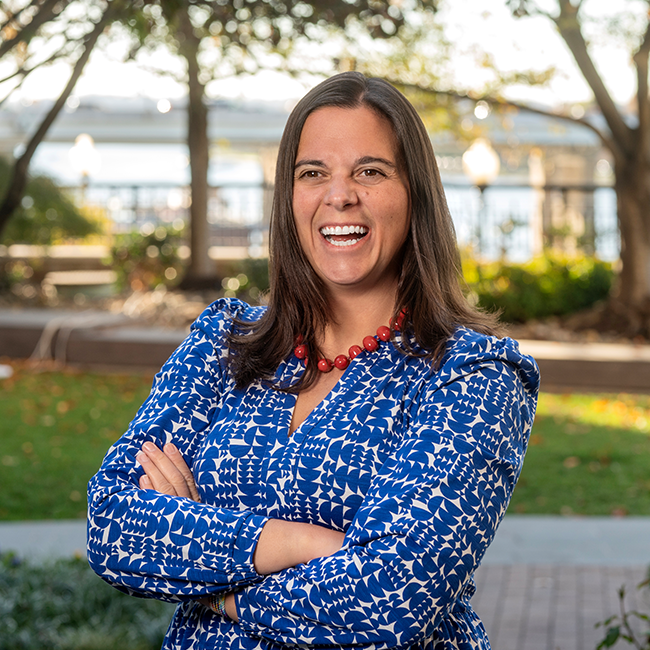
Leber Hereditary Optic Neuropathy
Related Articles

Uterine Leiomyosarcoma: A Giving Smarter Guide
This Giving Smarter Guide describes the current state of research, clinical practice, and treatment approaches for uterine leiomyosarcoma (uLMS) and identifies critical areas where philanthropy can significantly advance scientific knowledge...Read Report
Artificial Intelligence, Precision Medicine, and Neurodegenerative Disease: A Giving Smarter Guide
Neurodegenerative diseases (ND), including Alzheimer’s disease, Parkinson’s disease, frontotemporal dementia, and others, affect over 50 million people worldwide. The World Health Organization estimates that by the year 2040, NDs will be...Read Report
Leber Hereditary Optic Neuropathy: A Giving Smarter Guide
Leber Hereditary Optic Neuropathy (LHON) is a rare disease that causes sudden, irreversible loss of vision, often striking during adolescence or early adulthood. Patients with LHON quickly lose their ability to recognize faces, drive, and...Read Report
Consensus Definition of Misophonia A Delphi Study
Misophonia was named and described in the early 2000’s (Jastreboff and Jastreboff, 2001, 2002) and has since gained scientific recognition and clinical identification across a wide variety of disciplines (e.g., audiology, neuroscience...Read Report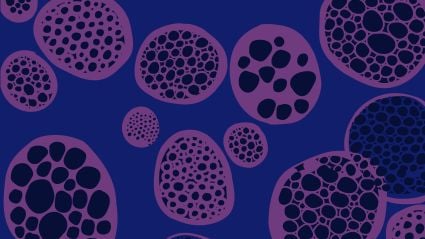
Sarcoidosis: A Giving Smarter Guide
The Milken Institute Center for Strategic Philanthropy and the Ann Theodore Foundation have released a new request for proposals (RFP) focused on understanding the underlying biology of sarcoidosis. Applications are open through January 20...Read ReportType 1 Diabetes Autoantibody Screening: A Roadmap for Pediatric Policy Implementation
Type 1 diabetes, or T1D, once commonly known as juvenile diabetes, is an autoimmune disease in which the immune system attacks the insulin-producing cells of the pancreas. The disease affects people of all ages and causes numerous negative...Read Report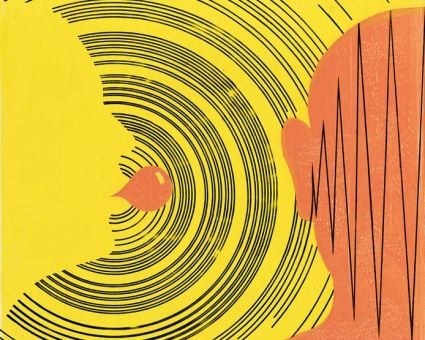
Misophonia - A Giving Smarter Guide
While some sounds can be annoying for most people, for a few, certain sounds like chewing, sniffling, or pen clicking can trigger an intense physical and emotional response. Those with this condition can experience increased heart rate...Read ReportJR
Targeting Tau — Our Hope to Solving the Dementia Crisis
In our systems-based review of the biomedical landscape supporting research of a cellular protein called tau—a common culprit in a number of neurodegenerative diseases—we make the case that focused strategic investment in tau research and...Read Report
Neurofibromatosis Preclinical Initiatives (NFPI)
The NF Preclinical Initiative (NFPI) represents one of the Children’s Tumor Foundation’s groundbreaking models of scientific collaboration. The NFPI is aimed at accelerating proof of concept testing of potential effective repurposed drugs...Read Report
